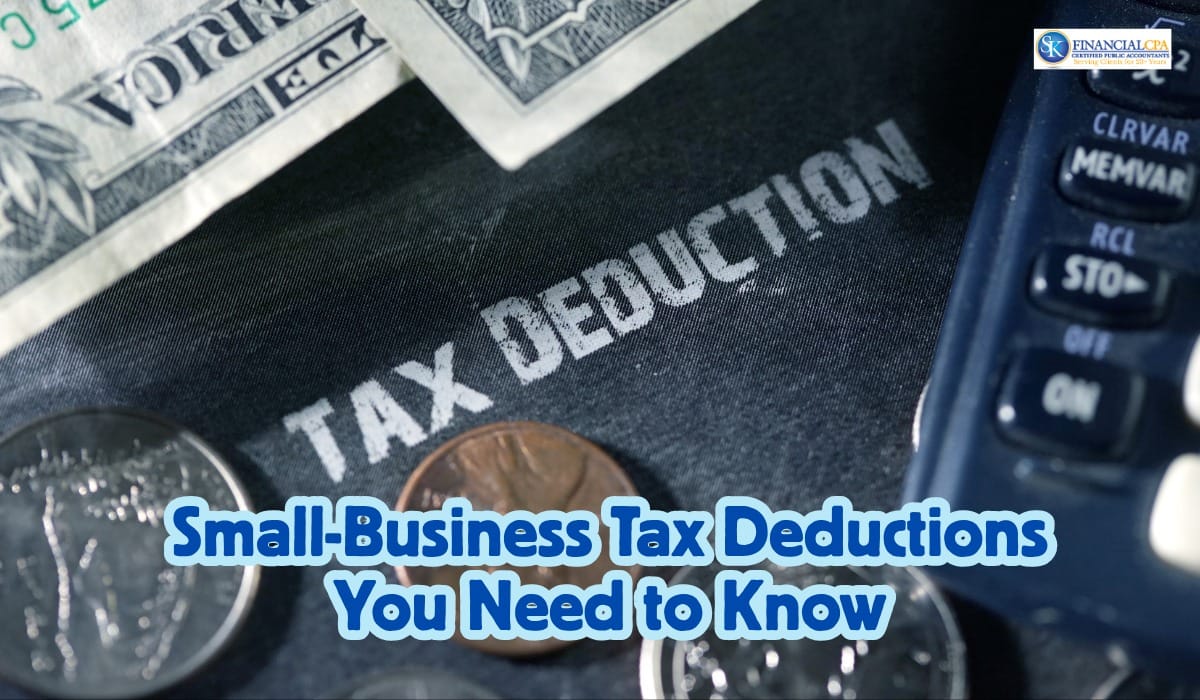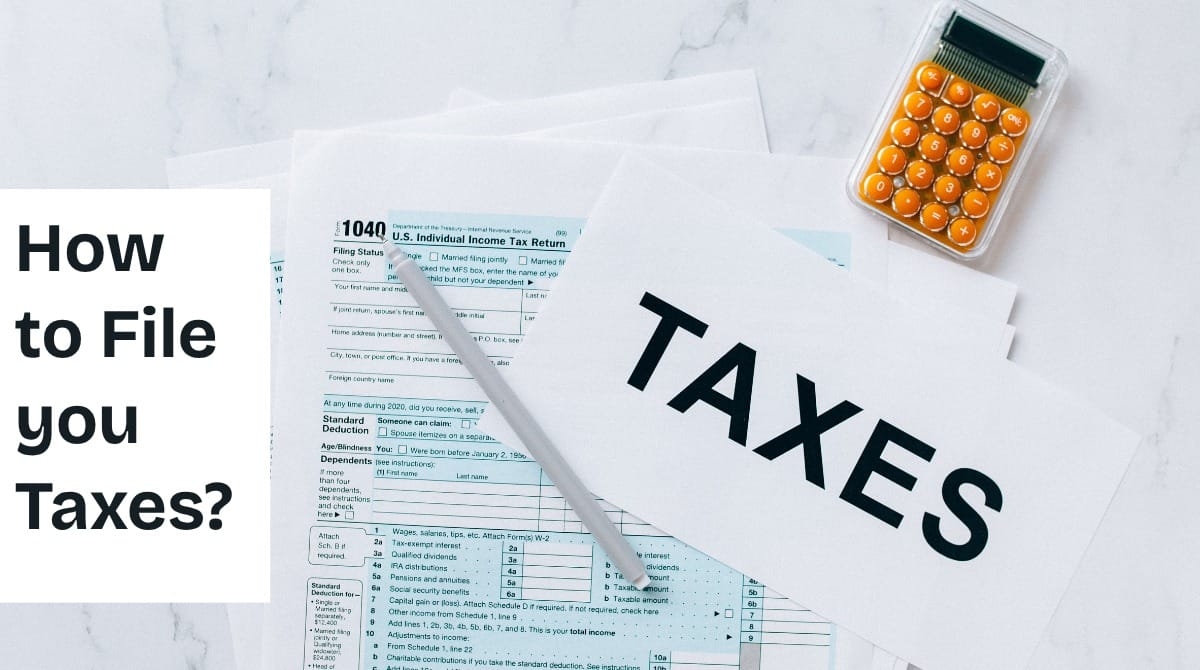Running a small business can be a dream come true for many individual who were looking for financial independence and creating job opportunities for others in their community. However, it’s not an easy task; it comes with its fair share of financial challenges, especially in taxation. From managing daily routine business tasks to planning for improvement, reaching a new level of business growth. Therefore, keeping all these things in track can easily make you overlook opportunities that can lower your taxable income. That is where tax deductions come into play. In this blog, we will explore what tax deductions are, how they can benefit small businesses, and what different deductions are available for businesses to take advantage of.
What Are Tax Deductions?
A tax deduction is an expense that the IRS lets you subtract from your total income. This action reduces the amount of income that is subject to tax. In simpler and general terms, deductions lower your tax bill by reducing your taxable income. For example, if your business earned $80,000 and you had $20,000 in deductible expenses, you would only be taxed on $60,000. This could save you thousands of dollars each year.
How Do Tax Deductions Help Small Businesses?
For small business owners, tax deductions are not just helpful; they are essential. These deductions allow them to reinvest in their business, expand it, improve it, improve cash flow, and grow their team. Whether you’re a sole proprietor, LLC owner, or run an S corporation, knowing what qualifies as a business deduction can help you make the most of your resources available for small businesses.
Essential Small-Business Tax Deductions to Know
Every small business owner should be aware of the tax deductions available to them from the IRS. The following are a few deductions that you should consider for your business in your next business tax filing.
Home Office Deduction
This deduction applies if you are using a portion of your residence exclusively for business. You may be able to deduct expenses related to that space, which include rent, utilities, internet, and repairs. The calculation is based on the square footage used for business activities.
Business Vehicle Expenses
If your work requires travel, and you use a vehicle for that purpose. You can deduct the cost of operating and maintaining that vehicle. Possible deductions are: standard mileage rate or actual expenses (like gas, repairs, and insurance) to get the maximum benefit.
Office Supplies & Equipment
Another very common deduction that is available for small businesses is the deduction of office supplies and equipment. From paper and pens to electronic gadgets, laptops. Whereas in the case of larger equipment purchases may also qualify for depreciation deductions.
Business Insurance Premiums
Insurance is a must for all small businesses. No matter what type of business insurance to have, liability insurance, cyber insurance, or workers’ compensation coverage, the premiums are usually tax-deductible.
Advertising and Marketing
For the benefit of small businesses, many deductions like this one are available. If you are using social media ads or printed flyers, you can deduct this expense. More specific examples would be the cost of website design, SEO services, and business cards.
Employee Salaries and Benefits
This applies to businesses in which business has employ people to do their work, called employees. In this, you can deduct wages, health insurance contributions, retirement plan matches, and even bonuses. The key to this deduction is to have good, detailed documentation of the payments and etc.
Utilities and Rent
As a business owner, if you are paying rent to run your business space, office, or warehouse. Then that is considered a business expense. Furthermore, You can also deduct utility bills like electricity, water, and even garbage collection if that applies to your business space.
Education and Training
In order to enhance your employees and evaluate their skills, your business offers them the opportunity to take courses or attend workshops, then those expenses and related costs may be eligible for tax deductions as used for education or training purposes.
Startup Costs
To encourage small businesses and to facilitate them when they start. The IRS allows new businesses to deduct up to $5000 in startup expenses, such as legal fees, market research, or setting up your structure.
Business Meals
Your work nature requires you to invite clients to lunch or dinner. If not, if you are providing food for your team, then you can deduct 50% of that expense as a business meal. Keep in mind that the expense should be 100% directly related to business. For a better chance of qualification, keep the receipts in order and document the meal.
Tips for Claiming Deductions the Right Way
The primary aspect to get the maximum benefit available by the IRS is to make sure you keep a detailed record of all the business-related expenses. Keep your personal and business spending separate with dedicated accounts and credit cards, as this will help you maintain a good and clean record without any ambiguity. Use good professional tools for recording keeping and keep track of all the expenses. Lastly, be aware of IRS updates on which deductions are available and which are not.
Conclusion
Understanding which tax deductions apply to your small business can lead to significant savings at tax time. Therefore, by planning ahead and closely tracking expenses, you can lower your taxable income and use those savings to reinvest in your business.
If you’re unsure about which deductions you qualify for, consult a good tax professional like SK Financial CPA their team consists of highly seasoned and well-equipped professionals on the matter and can help figure it out in time. The more confident you’ll be when dealing with your business taxes, and the more money you’ll keep in your pocket.




